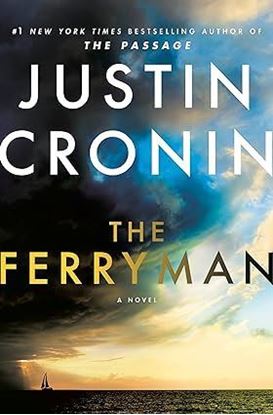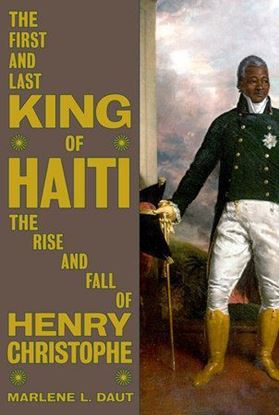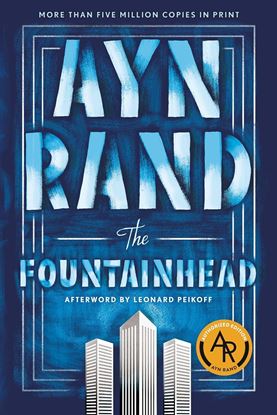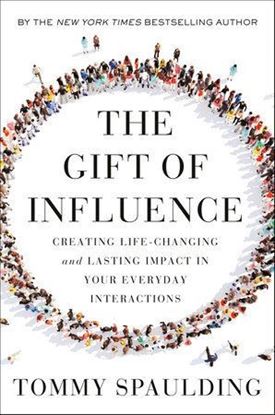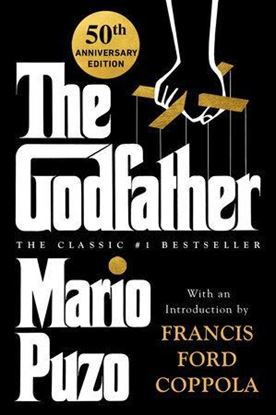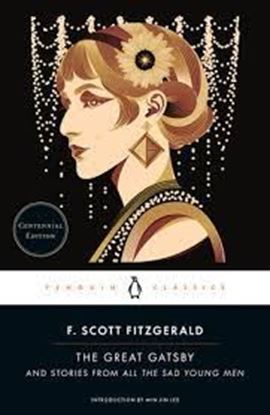

THE FERRYMAN
Founded by the mysterious genius known as the Designer, the archipelago of Prospera lies hidden from the horrors of a deteriorating outside world. In this island paradise, Prospera’s lucky citizens enjoy long, fulfilling lives until the monitors embedded in their forearms, meant to measure their physical health and psychological well-being, fall below 10 percent. Then they retire themselves, embarking on a ferry ride to the island known as the Nursery, where their failing bodies are renewed, their memories are wiped clean, and they are readied to restart life afresh.
Proctor Bennett, of the Department of Social Contracts, has a satisfying career as a ferryman, gently shepherding people through the retirement process—and, when necessary, enforcing it. But all is not well with Proctor. For one thing, he’s been dreaming—which is supposed to be impossible in Prospera. For another, his monitor percentage has begun to drop alarmingly fast. And then comes the day he is summoned to retire his own father, who gives him a disturbing and cryptic message before being wrestled onto the ferry.
995
746
THE FIRST AND LAST KING OF HAITI
Slave, revolutionary, traitor, king, and suicide, Henry Christophe was, in his time, popular and famous the world over. Born in 1767 to an enslaved mother on the Caribbean island of Grenada, Christophe first fought to overthrow the British in North America, before helping his fellow enslaved Africans in Saint-Domingue, as Haiti was then called, to gain their freedom from France. Yet in an incredible twist of fate, Christophe ended up fighting with Napoleon’s forces against the very enslaved men and women he had once fought alongside. Later, reuniting with those he had betrayed, he offered to lead them and made himself their king. But it all came to a sudden and tragic end when Christophe—after nine years of his rule as King Henry I—shot himself in the heart, some say with a silver bullet.
Why did Christophe turn his back on Toussaint Louverture and the very revolution with which his name is so indelibly associated? How did it come to pass that Christophe found himself accused of participating in the plot to assassinate Haiti’s first ruler, Dessalines? What caused Haiti to eventually split into two countries, one ruled by Christophe in the north, who made himself king, the other led by President Pétion in the south?
The First and Last King of Haiti is a riveting story of not only geopolitical clashes on a grand scale but also of friendship and loyalty, treachery and betrayal, heroism and strife in an era of revolutionary upheaval.
2,500
1,875
THE FOUNTAINHEAD
This modern classic is the story of intransigent young architect Howard Roark, whose integrity was as unyielding as granite...of Dominique Francon, the exquisitely beautiful woman who loved Roark passionately, but married his worst enemy...and of the fanatic denunciation unleashed by an enraged society against a great creator. As fresh today as it was then, Rand’s provocative novel presents one of the most challenging ideas in all of fiction that man’s ego is the fountainhead of human progress..
1,450
1,088
THE GIFT OF INFLUENCE
“Tommy Spaulding has such a profound gift for storytelling and for collecting wonderful people and experiences.”—Liz Wiseman, author of Multipliers
Researchers estimate that the average person will influence up to eighty thousand people over the course of their lifetime—or 2.8 people daily. That’s a stadium full of people each of us affects in ways positive or negative, sometimes without our realizing. What if we paid attention to this fact? Would we live differently? Would we lead differently? Would we put down our phones and be more present with the people in front of us?
1,850
1,388
THE GODFATHER (50TH AN.)
With its brilliant and brutal portrayal of the Corleone family, The Godfather burned its way into our national consciousness. This unforgettable saga of crime and corruption, passion and loyalty continues to stand the test of time, as the definitive novel of the Mafia underworld.
900
675
THE GREAT GATSBY
Young, handsome, and fabulously rich, Jay Gatsby seems to have everything. But at his mansion east of New York City, where the party never seems to end, one thing will always be out of reach: the married Daisy Buchanan, whose house is visible from Gatsby’s just across the bay. A brilliant evocation of the Roaring Twenties and a satire of a postwar America obsessed with wealth and status, The Great Gatsby is a novel whose power remains undiminished after a century.
1,250
938


